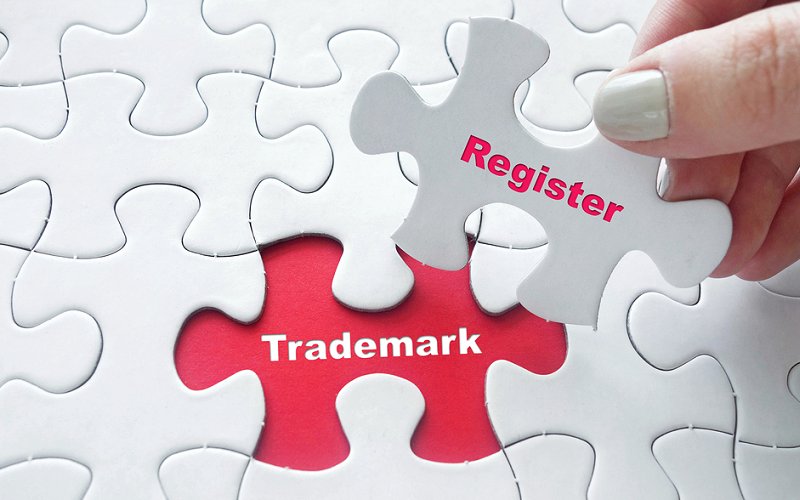A trademark protects a particular, unique name, logo, and symbols that relate to the trademark of your product or company. A business name is not usually eligible to register as a trademark, except where that name is used in advertisements or is placed on goods, that is, when an entity’s name is used to describe a goods or services origin. You should only trademark a trade name when you use it in commerce to advertise, promote, or identify the source of goods or services produced by your company.
Trade names are used when an official company name is considered to be too long, or when a desired name is too close to a name already having a trademark or a service mark. If your company has a unique name, you may choose to have that name registered under your trademark, provided that it is not too close to another name that has already received a trademark. You get a trademark on your business name just by using it, but you can get a lot stronger protection by having your name registered with the USPTO.
Registration provides national trademark protection, blocks others from registering similar trademarks, and creates an official record that may help discourage other businesses from choosing a name like yours. With a federally registered trademark, you also have the opportunity to register your trademark with the United States Customs and Border Protection so foreign goods cannot be imported under the same name. Securing your federally registered trademark is the way to prevent other businesses from using your trademarked name.
It is important to note that if an infringer is actively using your brand name or goods, legal actions may be taken. If a company has a trademark, but another company in the same industry uses that, it is infringement of a trademark. Even if you trademarked your own business, you might not have a trademark infringement case unless another business using your name somehow damages your business.

With a trademark, you do have the legal right to take another company that uses your name in order to advance its business. A trademark is the only way to stop others using a name, and it gives you legal recourse if anyone attempts to use a name. Without a trademark, it is harder to pursue a lawsuit against someone using a similar name or product.
The most common way to protect your trademark legally is by filing for either trademark protection or copyright, or both, which puts the entire world on notice that you are asserting an exclusive claim on the mark or copyright. Trademark registration can be applied to a company’s name, symbols, logos, sounds, or even colours that are emblematic of a particular brand. Trademark rights are limited to particular goods and services, so companies that are engaged in distinct activities may typically use the same mark at the same time, provided that there is no danger of creating confusion among consumers.
Two distinct businesses that are in different industries may share the same trademark as long as there is no danger of confusing consumers. Business owners are trademark owners once they begin using the mark on their products or services. But that does not mean that other businesses in the same industry and area may be using the name or logo that is similar to yours. Business names may be used as trademarks when associated with goods and services, but there are plenty of business names that end up as non-trademarks.
A trademark is any word, name, symbol, device, or combination of these adopted and used by an individual for the purpose of identifying goods made or sold, or services rendered, and distinguishing between those made or sold, or services rendered, by others. A trademark protects words (such as a trademark name), phrases (such as a catchphrase or slogan), or designs (such as a logo) used to identify a unique source of goods or services, and to distinguish them from similar goods and services available from other sources. A trademark protects names, logos, and slogans against imitation, whereas an LLC protects personal assets of the owners of a business.
Intellectual property laws exist to prevent competitors from stealing creative ideas, names, or symbols of other businesses. Owners of famous trademarks may be able to stop others from using their marks on entirely different goods and services, as long as other uses of a trademark diminish the trademarks signature qualities. Trademark evaluation is based on an individual case, so if you have any questions about whether or not part of your trademarked identity is eligible for a trademark, an IP lawyer for a small business may be able to answer your questions.
If you are able, the best next step is probably consulting with a trademark lawyer that specialises in trademark law, even if your name is not formally trademarked. A trademark lawyer can help with this process, and also make sure that you get the most protection possible for the name.
Registering your domain name does not stop another company from using that domain name, but it does not stop another company from using your business name in any other way.




